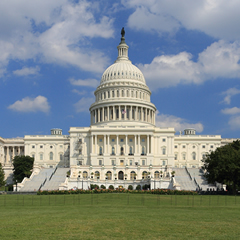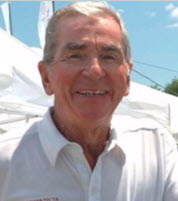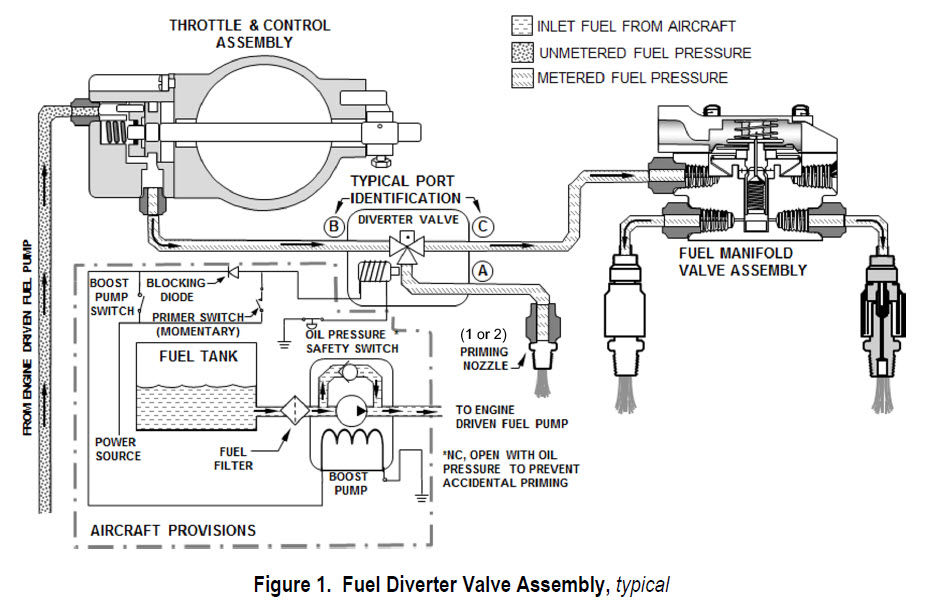 Asks members to contact elected officials
Asks members to contact elected officials
The Aircraft Owners and Pilots Association (AOPA), issued a call to action on third class medical reform asking members to contact their Representatives in the House and urge them to take up and pass S.571, better known as the Pilot’s Bill of Rights 2 (PBR2).
Under Pilot’s Bill of Rights 2, most pilots who have held a third class medical within 10 years after the law is enacted would never have to visit an aviation medical examiner again. Instead, they’ll need to visit their own personal physician once every four years and keep a signed form verifying the visit in their logbooks. They’ll also be required to take a free online medical education course every two years.
Pilots who participate in the program will be able to fly VFR and IFR in aircraft weighing up to 6,000 pounds and can carry up to five passengers at altitudes below 18,000 feet and speeds up to 250 knots.
“Third class medical reform is vitally important to AOPA members and the entire general aviation industry,” said AOPA President Mark Baker. “Elected officials listen to their constituents—that’s why we’re asking our members to reach out and help get these reforms over the finish line. The bill has strong bipartisan support, and it’s time for the House to take action to get it into law.”
The Senate has passed PBR2 language three times in the past six months. In December, the Senate unanimously passed PBR2 as a standalone bill. It also included PBR2 language in the Senate FAA Reauthorization bill that passed by a vote of 95-to-3 in April. And on June 14, the Senate passed PBR2 language again as part of the National Defense Authorization Act.
Aviation-related bills have been held up in the House because of ongoing debate over a proposal to privatize the air traffic control system that’s part of the House FAA reauthorization bill. That bill also includes medical reform language.
“Medical reform has nothing to do with air traffic control privatization, but it has everything to do with improving safety for general aviation pilots,” said Jim Coon, AOPA senior vice president of government affairs. “Having passed the Senate three different times over the past six months and with nearly 200 bipartisan cosponsors in the House, we believe this shouldn’t be held up any longer.”
About AOPA – Since 1939, AOPA has protected the freedom to fly by creating an environment that gives people of all ages the opportunity to enjoy aviation and all it has to offer. As the world’s largest community of pilots and aviation enthusiasts with representatives based in Frederick, Md., Washington, D.C., Wichita, Kans., and seven regions across the United States, AOPA’s events, initiatives, and services bring current and future pilots together and make aviation more accessible to everyone. To learn more, visit www.aopa.org.





